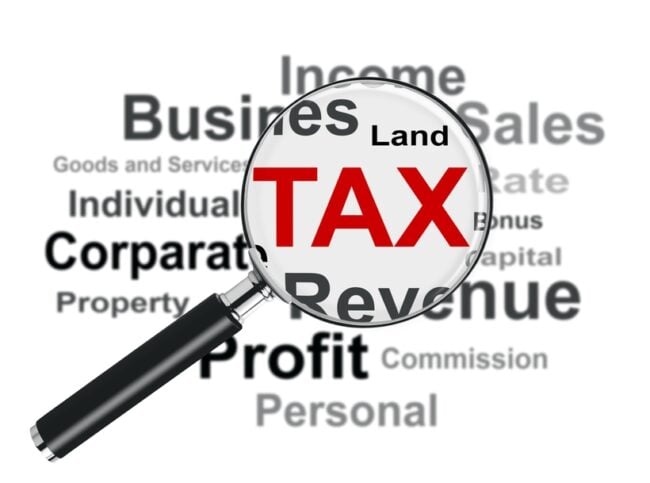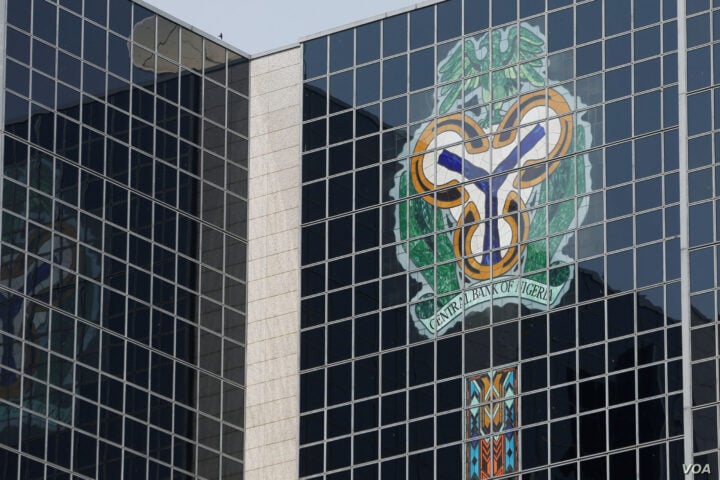The Lagos Internal Revenue Service (LIRS) says personal income tax of employees in the state will now cover “income from all sources” as provided under the Finance Act (FA) 2020.
Ayodele Subair, LIRS chairman, in a circular recently released by the agency, clarified the position of the FA 2020 on the personal income tax act (PITA) which applies to Lagos tax laws.
Section 29 (2) of FA 2020 amended Section 33 (2) of PITA provided a new definition of gross income for the purpose of personal income tax.
Accordingly, “Gross Income” is defined as income from all sources, less all non-taxable incomes, income on which no further tax is payable, tax-exempt items listed in paragraph (2) of the Sixth Schedule and all allowable business expenses and capital allowances.
Advertisement
This implies that “all statutory contributions to national housing fund, national health insurance scheme, national pension scheme, life assurance premium and gratuities as enjoyed or subscribed to, by the taxpayer, to arrive at the gross income of a taxpayer which serves as the basis for computation of consolidated relief allowance (CRA),” Subair explained.
IMPLICATION FOR WORKERS
According to PwC, this means that employees will no longer benefit from the tax relief previously claimable on income that relates to the national housing fund, pension contribution, and other tax-exempt items usually contained in the consolidated relief allowance.
Advertisement
The CRA is a relief granted to taxpayers to reduce the tax burden and increase disposable income.
“The new definition means that tax exempt items should now be deducted from gross emolument before computing the CRA,” PwC said in a policy document.
“As a result, employees will no longer benefit from the additional 20 percent relief previously claimable on the portion of their income that relates to the national housing fund, pension contribution and other tax-exempt items.
“The reduction in CRA would result in higher effective tax rate and lower disposable income. Employers need to update their payroll templates or applications to ensure compliance.”
Advertisement
Last December, the Nigerian senate passed the 2020 finance bill, amending capital gains act; companies income tax act; industrial development (income tax relief) act; personal income tax act; tertiary trust fund act, customs and excise duties tariff; value-added tax act; stamp duties act; and electronic transaction levy.
The finance act amended the definition of gross income for the purpose of personal income tax.
Also in paragraph 33 of the Third Schedule of the PITA (and section 22 of the finance act 2020), which is a catalogue of tax-exempt items, the LISR boss said it means that “all taxable persons in employment earning the gross income of national minimum wage, (currently set at N30,00= monthly i.e. N360,000 per annum) or less are expressly exempted from paying personal income tax on the employment.”
“Additional income from other sources excluding salaried employment of taxable persons on national minimum wage or less shall be subject to tax at the applicable rate(s).”
Advertisement
It advised all taxable persons within the state to file their statutory annual income tax returns via its electronic tax platform.
Advertisement
Add a comment






